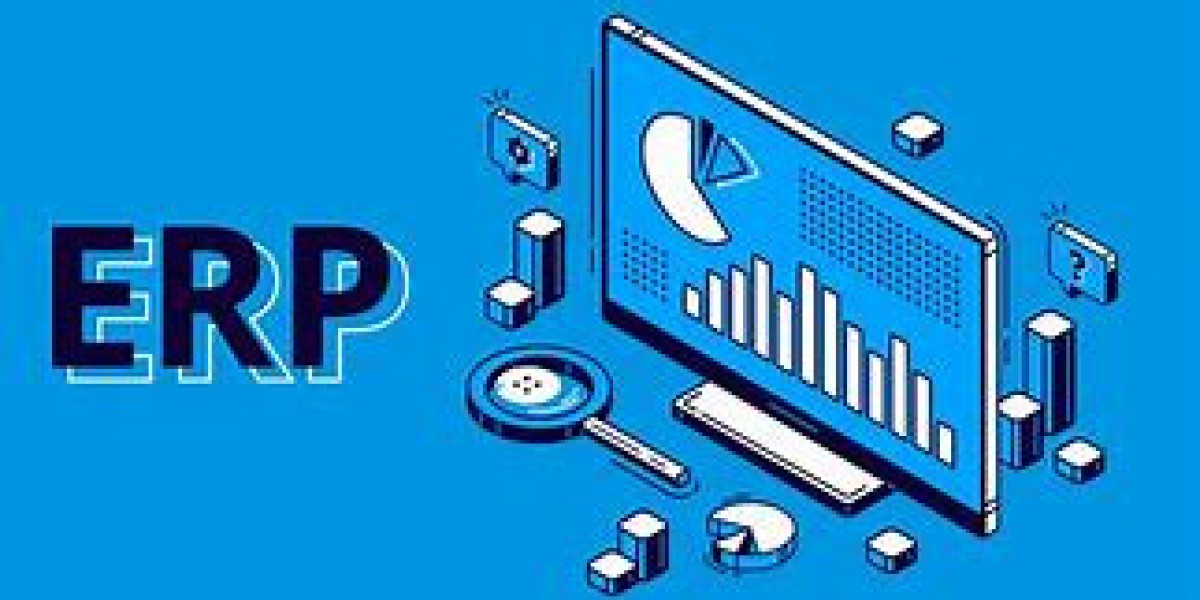Optimized production planning and scheduling
The ERP platform provides manufacturers with a centralized platform for managing the entire production process. It enables them to create detailed production plans based on real-time data, optimize schedules, minimize downtime, and meet customer needs.
Improved inventory management
ERP provides powerful inventory management tools to see inventory levels in real-time. These tools help manufacturing and distribution companies maintain optimal inventory levels and avoid running out of stock or overstocking.
Strengthen quality control
For manufacturers, ERP software supports quality control efforts by providing tools to track and manage quality data throughout the production process, ensuring high product quality and customer satisfaction.
Better supply chain visibility
ERP solutions provide end-to-end visibility into the supply chain, enabling manufacturing and distribution companies to better manage relationships with suppliers, distributors, and logistics providers, optimize procurement processes, and improve supply chain resilience.
Efficient order fulfillment
ERP systems streamline the order fulfillment process for distribution companies by integrating sales, inventory, and shipping data, reducing errors, and improving customer service.
Increased cost savings
ERP systems help manufacturing and distribution companies reduce waste, minimize errors, optimize resource utilization, and increase profitability by streamlining processes and automating workflows.
Increased scalability and flexibility
As businesses grow, they need systems that can adapt to changing needs. ERP systems are designed to scale and provide flexibility to accommodate ever-increasing numbers of users and data, and to adapt to market changes and regulations.
Adapt to an ever-increasing number of users and data
ERP systems are built on a scalable architecture that allows businesses to add new users and capabilities as needed. This means that enterprises can start with a basic cloud ERP implementation and gradually expand as their needs change.
Adapt to market changes and regulations
With built-in customization and configuration tools, ERP software can be modified to meet new needs and take advantage of new opportunities. This includes adding new products or services, entering new markets, and complying with changing regulations.
Better risk management and compliance
ERP solutions provide a range of capabilities and tools to help organizations better manage risk and ensure compliance with regulatory requirements.
Powerful security features
ERP systems provide powerful security features to protect sensitive business data from unauthorized access and cyber threats. These capabilities include role-based access control, data encryption, and secure authentication methods. Role-based access control ensures that users only have access to the data and functions they need to perform their jobs, while data encryption and secure authentication methods prevent unauthorized access.
Search
Popular Posts
-
 Facts, Fiction And Pharmacies Shipping To Usa
Facts, Fiction And Pharmacies Shipping To Usa
-
 Best Case Opening Site CSGO: Unlocking the Digital Arsenal!
By fimka
Best Case Opening Site CSGO: Unlocking the Digital Arsenal!
By fimka -
 The Thrill of Aviator Game: A New Era of Online Entertainment
By annamskd
The Thrill of Aviator Game: A New Era of Online Entertainment
By annamskd -
 Как можно будет недорого купить аттестат в онлайн магазине
By sonnick84
Как можно будет недорого купить аттестат в онлайн магазине
By sonnick84 -
 Онлайн-магазин, в котором возможно будет купить диплом ВУЗа
By sonnick84
Онлайн-магазин, в котором возможно будет купить диплом ВУЗа
By sonnick84
Categories
- Cars and Vehicles
- Comedy
- Economics and Trade
- Education
- Entertainment
- Movies & Animation
- Gaming
- History and Facts
- Live Style
- Natural
- News and Politics
- People and Nations
- Pets and Animals
- Places and Regions
- Science and Technology
- Sport
- Travel and Events
- Health & Medicine
- Real Estate & Property.
- Other
- Business & Finance










